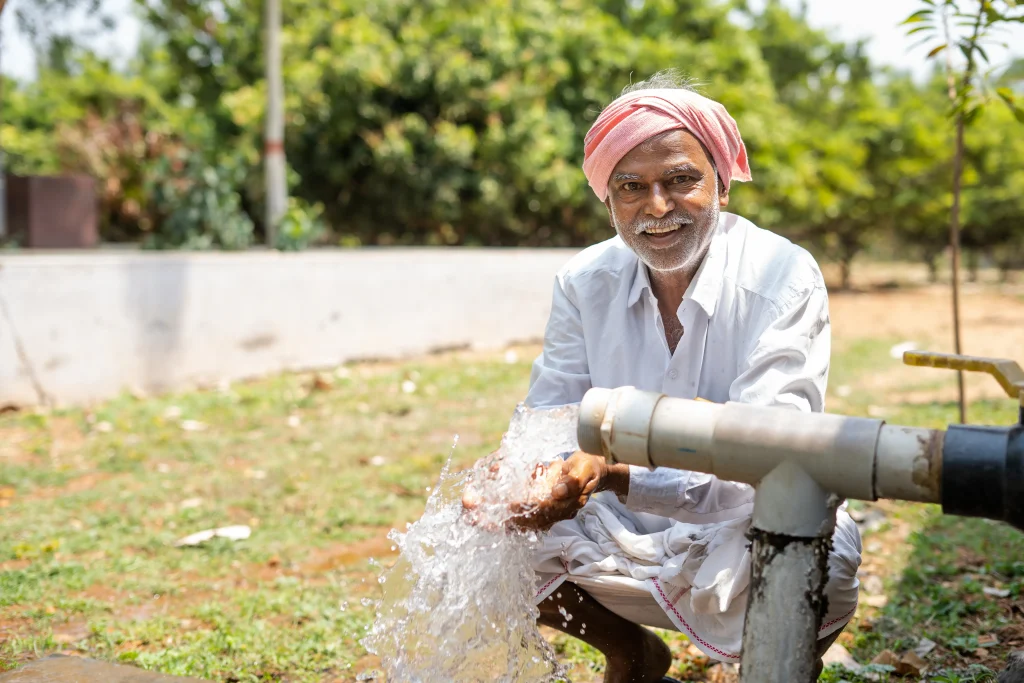At the Raisina Dialogue, the ongoing geopolitical forum in New Delhi (this year in collaboration with G20 India), sustainable futures are being discussed in an era characterized, the event’s official emphasizes, by “provocation, uncertainty, turbulence” with the gathering of 250 selected invitees, including heads of state and experts, as a “beacon in the storm.”
No spin, no alibi, no procrastination. Realizing that humanity is sailing in a storm of unmitigated emergencies is clear to all. Therefore, at the table of solutions, we start with priorities. The first one is life on Earth, on the blue marble, the blue sphere. Whose surface is precisely covered 70 percent by water, 96.5 percent of which is in the oceans, just like we humans live in bodies that are, on average, 70 percent water. Clearly, the number one priority is water, which is life.
In India, the water emergency is an increasingly urgent challenge due to rapid urbanization, sustained population growth, and rudimentary agricultural practices in large parts of the country. Access to clean water is a priority for the government, a process that necessarily passes through education and needs a profound cultural transition that sees women playing a crucial role, being primarily involved in agricultural work. Their active participation in water resource management could generate positive impacts on health, food security, and rural prosperity.
“India’s Beacon: Water for All” is the name of the discussion I took part in, along with Maria Shaw-Barragan of EIB (European Investment Bank); Auguste Tano Kouamé, World Bank; Rohan Mishra, Coca-Cola; Hadas Mamane, Tel Aviv University; and Bharat Lal, India’s National Center for Good Governance.

